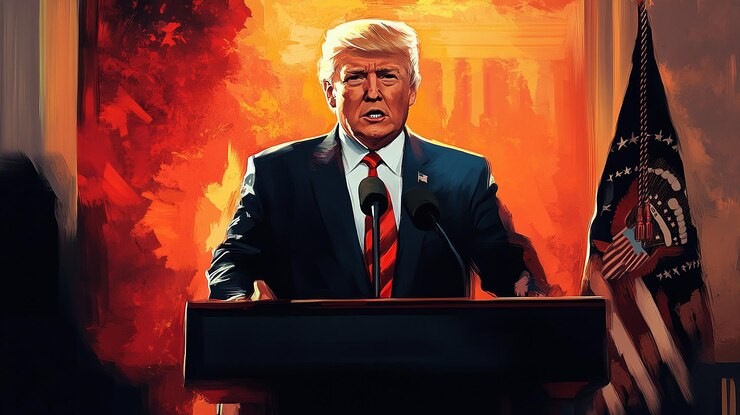The U.S. Senate’s decision to block the GENIUS Act on Thursday has left the crypto sector in limbo, raising concerns about the country’s ability to regulate stablecoins and maintain its position as a global blockchain hub.
Despite initial optimism, the bill — designed to establish a federal framework for stablecoin regulation — was narrowly defeated in a 48-49 vote, with several Democratic senators withdrawing their support at the last minute.
Sen. Ruben Gallego, who had been a prominent advocate for the GENIUS Act, voiced his disappointment over the outcome, stressing that the bill’s current version lacked essential safeguards against illicit finance and foreign influence.
“We were close, but not close enough,” Gallego said. “The concerns raised are valid, but we can’t abandon the process. There’s still a path forward if we address those concerns effectively.”
Crypto Stakeholders Warn of Potential Exodus as Uncertainty Lingers
With the bill now stalled, crypto industry leaders are sounding the alarm, warning that the lack of regulatory clarity could push innovative projects overseas, particularly to regions with more comprehensive regulatory frameworks like Europe and Asia.
Sen. Bill Hagerty, the primary sponsor of the GENIUS Act, expressed frustration over the setback, arguing that the failure to advance the bill sends the wrong message to blockchain innovators.
“This is a missed opportunity,” Hagerty said. “Other countries are moving forward with clear rules, while we’re stuck in neutral. The U.S. risks being left behind.”
Meanwhile, crypto lobbyists are now mobilizing, urging lawmakers to revisit the legislation with enhanced provisions on transparency, anti-money laundering measures, and issuer accountability.
“This vote is a wake-up call,” said Cynthia Lummis, a long-time crypto advocate. “If we don’t act soon, the next wave of blockchain innovation will happen elsewhere.”
Trump’s Crypto Ties Complicate Legislative Path Forward
The debate over the GENIUS Act was further complicated by ongoing scrutiny of President Donald Trump’s crypto ventures, including the rapid rise of World Liberty Financial’s USD1 stablecoin, now the seventh-largest stablecoin by market cap.
Sen. Elizabeth Warren has been particularly vocal, suggesting that the Trump family’s deepening involvement in the stablecoin sector presents a conflict of interest, especially given their recent $2 billion deal with UAE-based MGX.
“The fact that Trump’s family is actively launching crypto projects while pushing for stablecoin regulation raises serious ethical concerns,” Warren said. “We need to slow down and get this right.”
In the meantime, the GENIUS Act remains in limbo, with Senate Majority Leader John Thune indicating that the bill could be reintroduced with modifications to address Democratic concerns.
“We’re not giving up on this,” Thune said. “But we need to build broader consensus and ensure that the final version protects consumers, deters money laundering, and doesn’t inadvertently favor specific market players.”
For now, the crypto industry is left waiting, uncertain whether U.S. lawmakers will come together to provide a regulatory framework for stablecoins — or whether the opportunity to lead in blockchain finance will slip away.



